
The president of a top university in Taiwan has announced he will resign from his post at the end of his first term in June.
President Pan-chyr Yang of National Taiwan University (NTU) has opted not to seek a second term as president given two recent investigations — one which concluded last month and one which is ongoing — into allegations of misconduct in papers he co-authored.
Despite being cleared of misconduct in the investigation conducted by his university, Yang felt that the scandal had left a stain on NTU’s reputation, which he hoped to restore by stepping down as president. Here’s more from Focus Taiwan: Continue reading President of Taiwan university to step down amidst investigation

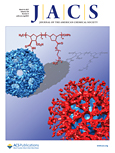

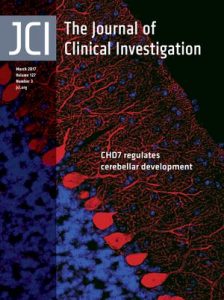
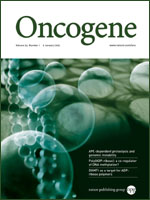 Here’s a rather odd case: When readers raised issues about some of the images in a 2008 cancer paper, the authors issued a correction last year. But when
Here’s a rather odd case: When readers raised issues about some of the images in a 2008 cancer paper, the authors issued a correction last year. But when 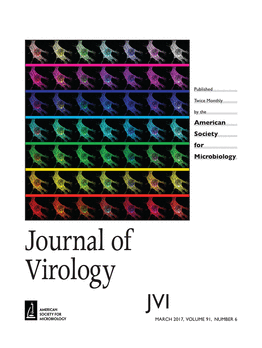 A group of researchers in France has been forced to retract their 2002 article in the
A group of researchers in France has been forced to retract their 2002 article in the  It would seem that resorting to legal means to avoid editorial notices doesn’t always work.
It would seem that resorting to legal means to avoid editorial notices doesn’t always work.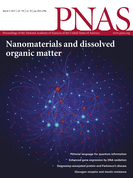
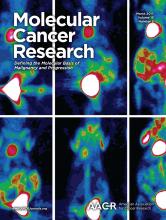 Pfizer has retracted a paper by a former employee who was fired after the company discovered she had been doctoring data.
Pfizer has retracted a paper by a former employee who was fired after the company discovered she had been doctoring data.